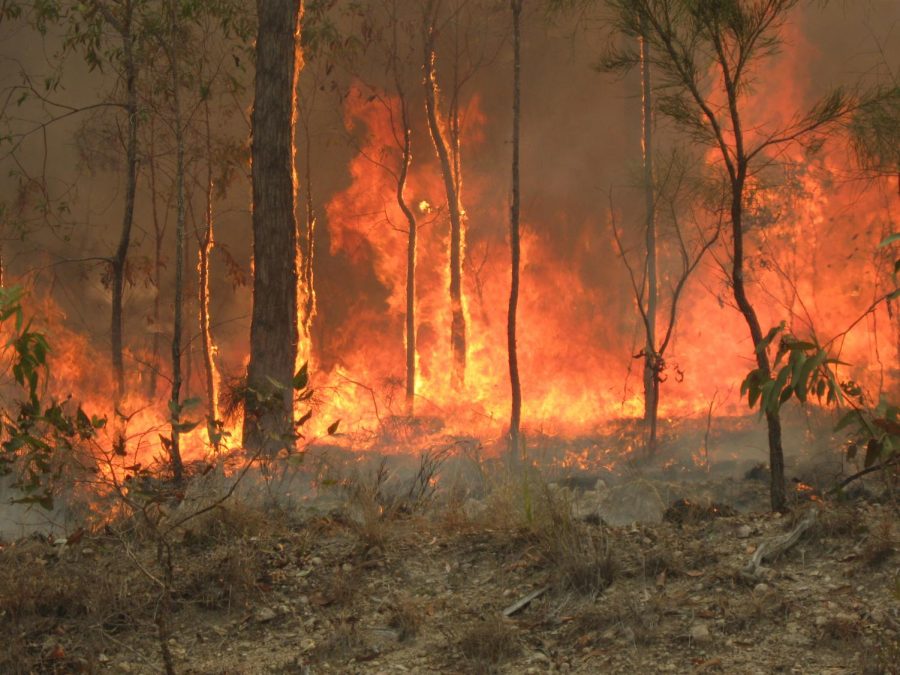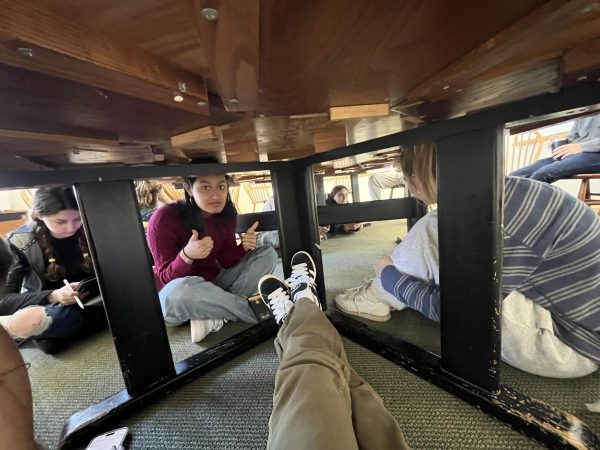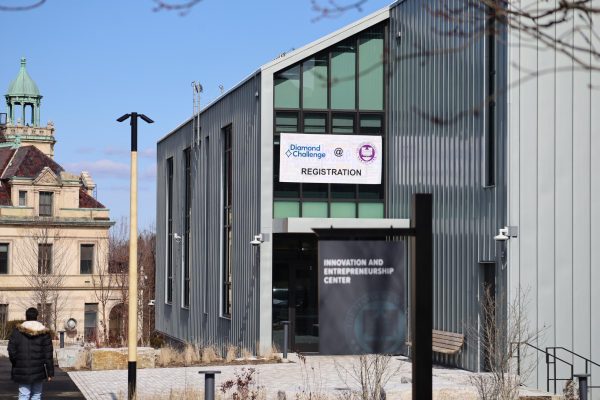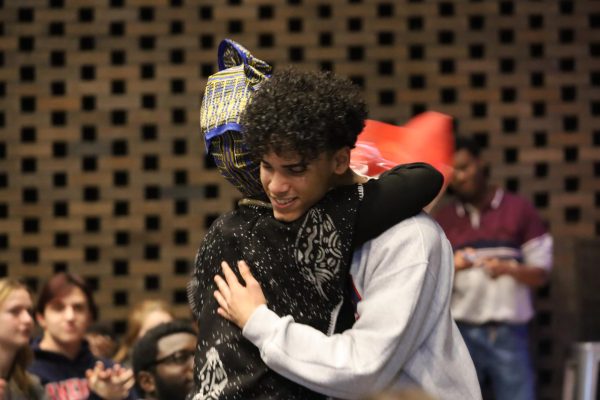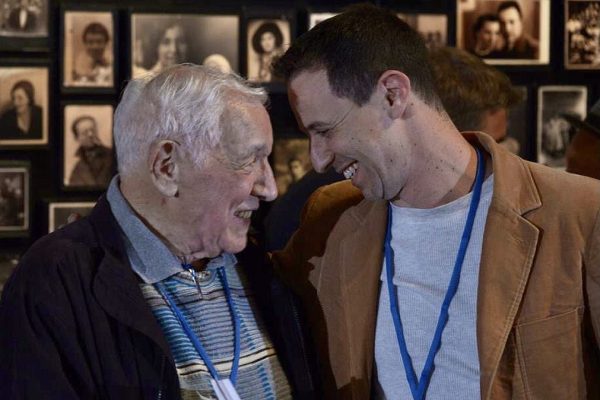Social media does not suffice as a platform for advocacy
Photo courtesy of Wikimedia Commons
News has recently broke about the bush fires that are ablaze across Australia. The fires are destroying homes, displacing people, and killing wildlife. Action must be taken to put a stop to this devastation.
January 7, 2020
In recent days, news of the devastating bush fires in Australia has compelled many students to use various social media platforms as a primary outlet to spread awareness and make amends; however, this in an ineffective and down-right ignorant method of advocacy.
In a society where young adults (16-24) spend an average of over three hours on social networking a day (according to a survey conducted by digitalinformationworld.com in 2018), we are being confined to the media on our phones and it is limiting our incentive to stand up for what we truly believe is just.
When a post, a tweet or a video goes viral on a social networking platform, it circulates rapidly across the digital universe. In the last year, images of the devastating fire at Notre Dame in Apr. 2019, famine in Yemen, polarizing political figures, infographics on antisemitism, and most recently, images of the bush fires in Australia, have all been posted by accounts across various social media platforms. The accounts that originally post these photos/videos do incredibly well, gettings thousands upon millions of likes, due to accounts from across the world reposting their media in support.
While these viral posts certainly create awareness of these prevalent issues and events in our society and also spark incentive for change, reposting something on social media and then calling it “quits” is not a sufficient level of advocacy for one to take. This method is simple; one like and you’ve done something. But that something is simply not enough. This is a route of laziness.
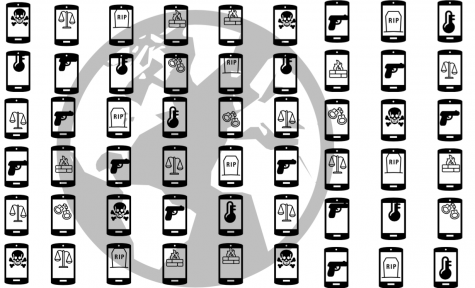
People use various social media outlets to express sentiment towards global issues and crises. This is not a sufficient form of advocacy and more needs to done to resolve these problems.
People repost not only to recognize the various significant events/issues and show their support, but also because the accounts sometimes offer some sort of promise for liking their post, which is related to the cause. For example, pictures posted by the account of Plant a Tree Co. (account name: plantatreeco) illustrating the damage in Australia has received over 500 thousand likes since it was posted on Jan. 4, 2020. The organization promised to donate one dollar towards efforts to put out the fire for every 100 people that followed the account and reposted the images. This means that Plant a Tree Co. should have donated five-thousand dollars at this point.
The photos/videos that are reposted tend to lose their merit and intended purpose when so many people have reposted the same thing to the point that viewers begin to bypass their stories. Personally, as important as the initiatives and messages portrayed in these posts are to our societal awareness, I often overlook their value after I’ve seen them repeatedly. The effect is no longer one of appreciation and support but rather one of indifference and annoyance from the follower.
If people claim (on social media) to care so dearly about an issue, then there is so much more one can do to make a difference than by simply reposting something. This, by no means, is meant to overshadow the people in this world, even within our Masters community, who have taken further initiative to pursue the ideals of social justice in various realms of society, but in order for change to occur, more people must be willing to take initiative.
At Masters, there is still a general lack of drive from most of the school’s community. Masters Involved in Sharing and Helping (MISH), Masters’ community service program, is still struggling to inspire–participation in class projects, a one-day event in most cases, is seen as a burden in the eyes of most students. MISH also struggles to field students at recurring events such as Midnight Runs and Touring Talents which are available every other month or so.
As members of a prestigious preparatory school, with such close proximity to the largest city in the United States, we are in a privileged position to make change. The opportunities that MISH presents are a great start, but there is so much more at our fingertips. Go to a march or a rally, have conversations with others and educate them about an issue you feel strongly about, volunteer for a local organization, write a letter to a political official (town, state, or national), donate to a charity that stands for what you believe.
In the case of the bush fires, they are caused by extremely warm temperatures and droughts which are as a result of climate change. Defeating climate change may seem like an enormous task, but there are so many simple ways to be a part of the solution: use less fossil fuels (carpool with a friend or ride a bike to school), conserve energy (turn off the lights when you’re not in a room), reduce waste (drink from a reusable water bottle as opposed to a plastic one), among other things.
There’s no point in reposting the words of a well-known political figure or supporting the pleas of an organization by liking their content, when we all have our own voices and our own ideas to share out in the world. Get off your phone and don’t settle for the thrill and ease of social media; instead, explore, take risks and exhibit passion in what you cherish most. Protest. Donate. Vote. In doing this, you inspire others to latch on and join you in making the world a more beautiful, safe, just and sustainable place.
This story was originally in issue seven of the 2018-2019 edition of Tower, published in May 2019. Updates have since been made.




